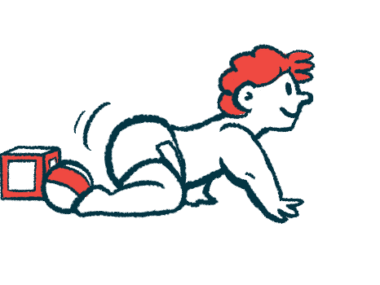Dietary Considerations in Pompe Disease
Written by |

Pompe disease is a rare genetic disorder caused by mutations in the GAA gene. It is characterized by the buildup of glycogen, a complex sugar molecule, in cells and tissues due to the absence or improper functioning of an enzyme called acid alpha-glucosidase.
Changes to diet and feeding methods may help alleviate or slow the progression of some of the symptoms of Pompe disease.
Change food texture to help with swallowing
Pompe disease can affect the muscles that help in swallowing. Mashing the food or mixing it with some juice or gravy can help with swallowing. The texture and thickness of the food should be just right — too thick and it becomes difficult to swallow; too thin and it can cause choking.
Space out meals throughout the day
Instead of having three large meals a day, consider spacing them out into several meals every few hours. This will not only provide a constant nutrition supplement throughout the day, but also is less strenuous on the mouth muscles.
Get enough protein
A high-protein, low-carbohydrate diet is usually recommended for Pompe disease patients. Generally, patients are required to consume more protein than healthy individuals (around 1.2 to 1.4 g/kg per day). Good protein sources include milk, whey, eggs, lean meat, and fish.
Vitamins and supplements
Vitamin supplementation may be needed if vitamins cannot be adequately obtained from the diet. MedlinePlus offers a comprehensive list of essential vitamins, their functions, and sources on its website.
Some researchers think that amino acids such as alanine may help slow down muscle wasting and prevent glycogen buildup in Pompe disease. Alanine is commercially available in a powdered form that can be mixed with food.
Please note that no supplements should be taken before prior consultation with a doctor and it is recommended that patients work with a professional dietitian to ensure balanced and healthy nutrition.
Last updated: Sept. 3, 2019
***
Pompe Disease News is strictly a news and information website about the disease. It does not provide medical advice, diagnosis or treatment. This content is not intended to be a substitute for professional medical advice, diagnosis, or treatment. Always seek the advice of your physician or other qualified health provider with any questions you may have regarding a medical condition. Never disregard professional medical advice or delay in seeking it because of something you have read on this website.


